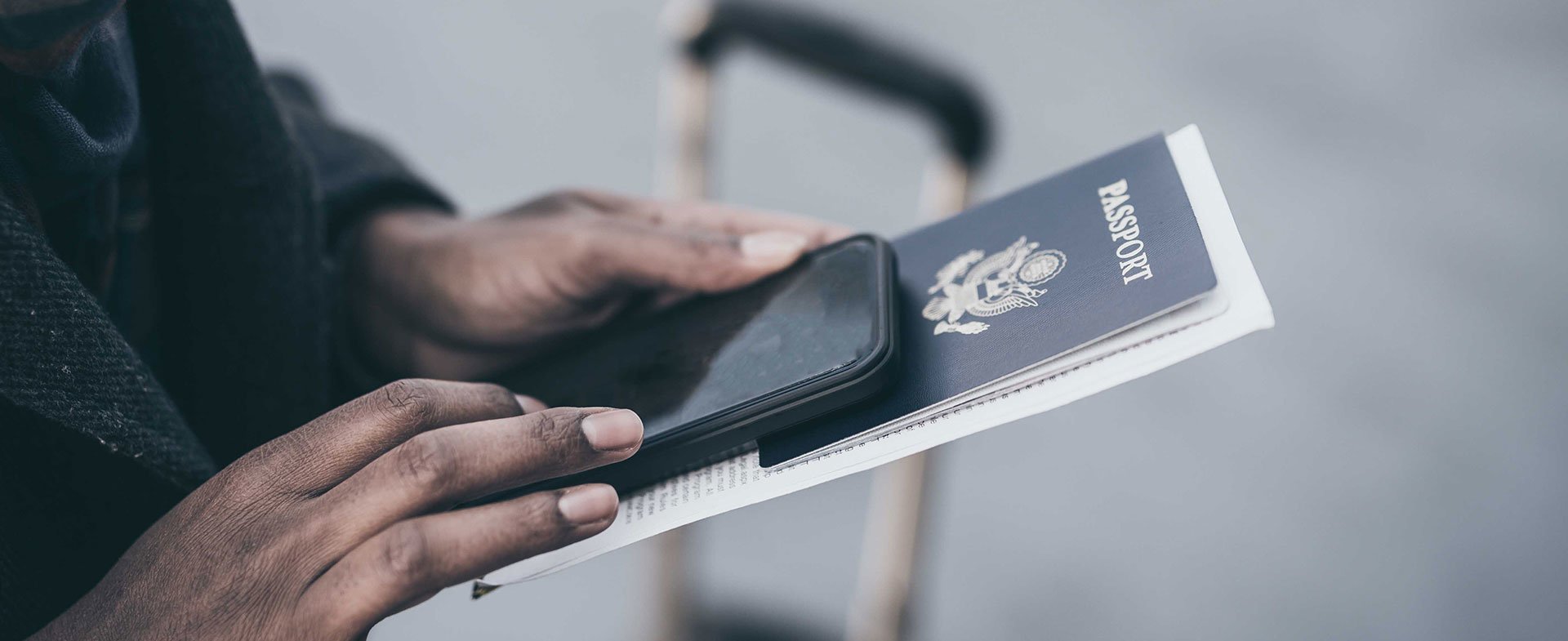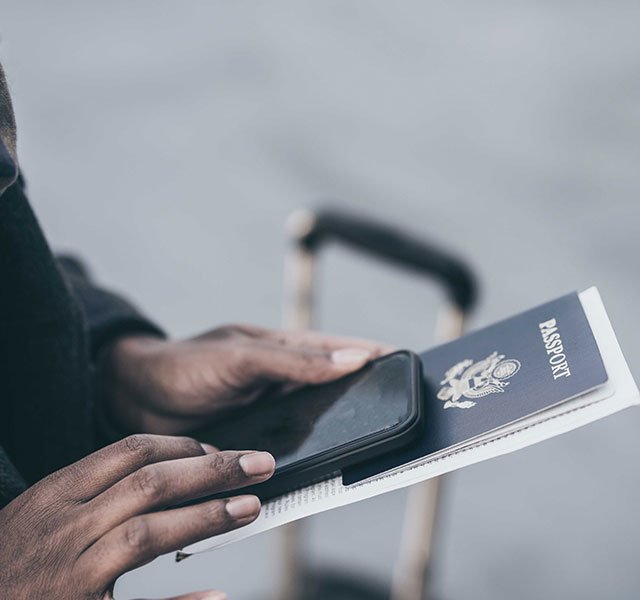There’s no denying it: Health care in the United States is expensive. In fact, Americans spend nearly twice as much on health care as other high-income countries like the U.K., France, Germany and Switzerland. Why? The main culprits include administrative costs, medication prices and frequent referrals to specialists (as compared to other countries).
So it’s no wonder that, within the past decade, more Americans than ever — over a million annually, according to some estimates — have been traveling abroad for a variety of medical treatments, including cosmetic surgery, general dentistry and cancer care. It’s a growing trend known as medical tourism.
“People leaving this country for health care is a relatively new phenomenon,” says Usamah (Sam) Mossallam, M.D.,MBA, vice president and medical director of international initiatives at Henry Ford Health. “Within the past 10 years, more people have been exploring cheaper options for orthopedic procedures in Thailand or heart procedures in India or plastic surgeries in Brazil.’”
Before you hop on a plane for treatment, though, Dr. Mossallam says there are a variety of factors to consider that can affect your wallet and your well-being.
Medical Tourism Risks
- Safety: In the United States, health care is highly regulated by federal agencies dedicated to ensuring patient safety and high quality care while minimizing risks. Before becoming a patient in another country, Dr. Mossallam suggests getting answers to a few health and safety questions: Does the hospital re-use its instruments? How do they handle infection control? What type of nursing care is available?
- Experience: In addition to facility safety, Dr. Mossallam encourages anyone traveling abroad to do their homework on their doctor or surgeon’s credibility. “You definitely want to know the answers to questions like, ‘How many cases has the surgeon done? Are they truly certified in that specialty? What types of medications are they able to administer?’” he says.
- Travel/Length of Stay: Every procedure requires a certain amount of recovery time. Factoring in the risks of post-procedure air travel may encourage you to think differently about treatment abroad. It’s also important to consider how much time you’re willing to spend out of the country if there’s a complication with your procedure. “In the U.S., we refer to a complication as part of an ‘Episode of Care,’ and it’s covered as part of the procedure from an insurance perspective,” Dr. Mossallam says. “That’s not always the case in other countries.”
- Legal Issues: “Most people don’t realize that if you go to Vietnam or Thailand or India, if you have a bad outcome due to negligence, you have no recourse,” Dr. Mossallam says. “Whereas, here in the U.S., the law is on your side. You have options.”
- Communication: It might be a no-brainer, but if you don’t speak the local language, it might be difficult to explain any feelings of discomfort or apprehension as they come up — especially if something goes wrong or a procedure winds up taking longer than you expected.
- Value: Although the cost of a procedure might appear to save you thousands, don’t overlook the price of air travel, lodging and transportation. Plus, if you’re traveling abroad for a procedure, you’ll likely need a relative, friend or companion who has to travel with you to advocate on your behalf. Dr. Mossallam recommends that you never travel alone to have a procedure done in a foreign country.
Above all, Dr. Mossallam says, no matter where you plan to go for medical care, ask yourself whether your destination cares more about you or your pocketbook.
“It always comes down to money—that’s the only reason behind the decision to travel,” Dr. Mossallam says. “But I wouldn’t send my patients or my family members to get health care outside of this country. There’s no other country in the world that provides better or higher quality care than the U.S. There’s just not.”
To schedule an appointment with your primary care provider, visit henryford.com or call 1-800-HENRYFORD (436-7936).
Dr. Usamah Mossallam is an emergency medicine physician and the vice president and medical director of international initiatives at Henry Ford Health.



